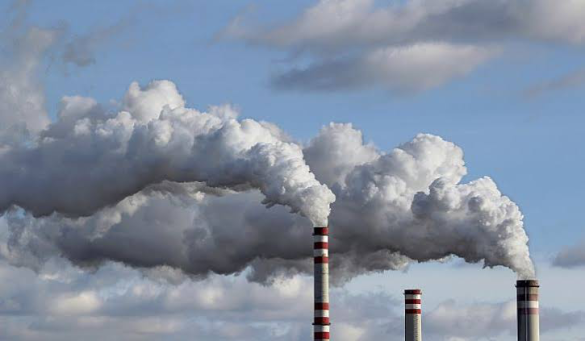Six African nations recently rallied in Senegal, uniting against climate change. They focused on slashing greenhouse gas emissions in their emerging oil and gas sectors. The Commonwealth Secretariat led the “Oil and Gas Emissions Visibility and Reductions” training. They joined forces with notable institutions like the Rocky Mountain Institute, the Natural Resources Governance Institute, and the Norwegian Petroleum Directorate.
According to a report by ESI Africa, experts from Ghana, Uganda, Namibia, Tanzania, Mauritania, and Senegal attended the critical workshop. They represented their countries’ petroleum, environmental, and climate bodies. The training aimed to equip them with vital strategies. They learned to pinpoint, understand, and target harmful emissions in their energy sectors. A key goal was achieving net zero in flaring, venting, and methane emissions.
“Combating climate change demands urgent cuts in emissions,” the Commonwealth Secretariat insisted. They noted that addressing flaring, venting, and leaks and harnessing renewable energy could significantly curb emissions. This strategy serves a dual purpose. Besides fighting climate change, it aligns with Sustainable Development Goal 7. This goal champions universal access to reliable, modern energy.
The Commonwealth Secretariat plays a proactive role. They’ve crafted guidelines that demand new energy projects, including GHG management plans. This approach ensures environmental considerations from the start.
Naadira Ogeer, an economic adviser at the Commonwealth Secretariat, highlighted an opportunity. “New oil and gas projects can drastically lower environmental impacts by prioritising emissions management,” she said. According to her, new producers can lead in setting global standards but need solid policies and technical support.
Reflecting on the training’s benefits, Dr. Riverson Oppong from Ghana National Gas Company shared insights. “We gained valuable tools for measuring and reporting emissions,” he said. Now, Ghana is looking to work closely with upstream operators. The aim is to gather accurate emissions data and improve its methane emissions profile.
In conclusion, the Commonwealth Secretariat plans to extend its support. They want the strategies outlined during the workshop to inspire real change. Thus, they’ll help these nations implement their new, detailed climate strategies.



